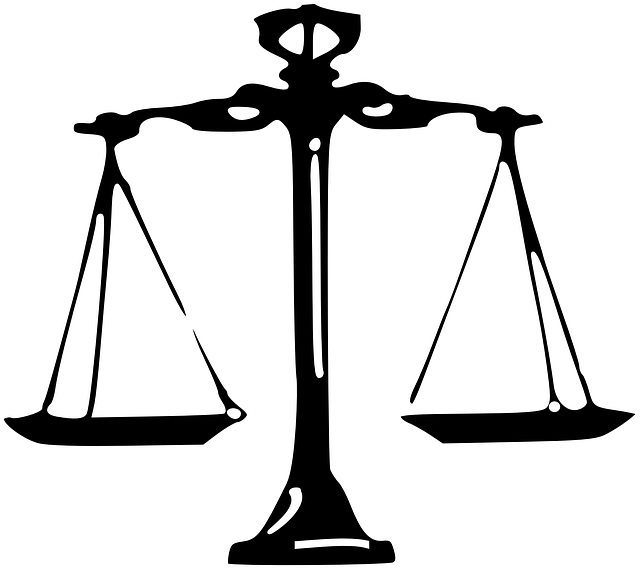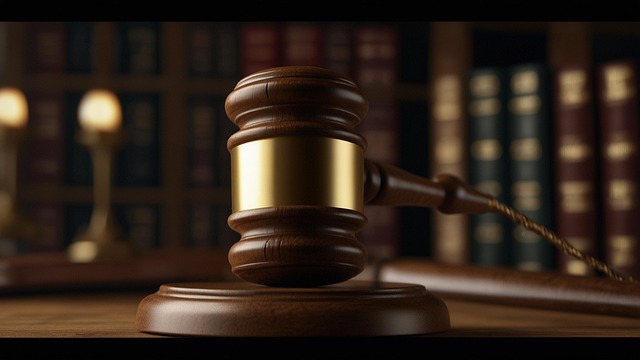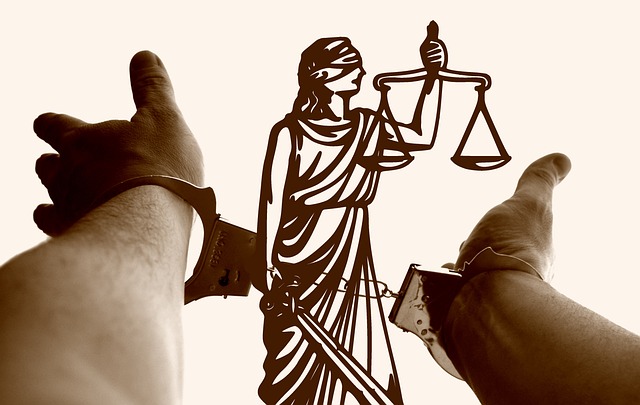Securities regulations play a pivotal role in combating public corruption by establishing deterrents, promoting transparency, and ensuring accountability within financial markets. These regulations influence litigation outcomes significantly, as seen through higher conviction rates in cases involving securities fraud. Strict disclosure requirements act as powerful tools for prosecutors, facilitating successful prosecutions of corrupt individuals who abuse their positions for personal gain. Cooperation between regulators and law enforcement is crucial for building strong cases, protecting investors, and preserving market integrity. Legal professionals must adapt strategies to address securities-related corruption charges, emphasizing meticulous record-keeping and compliance measures to mitigate potential allegations.
“Public corruption charges pose significant challenges, demanding a nuanced understanding of their legal implications. This article explores the intricate relationship between public corruption and securities regulations, delving into how these measures influence litigation outcomes. We analyze case studies to decipher the impact of securities regulations on anti-corruption efforts, providing valuable insights for practitioners. By examining real-world scenarios, this piece highlights the strategic role of securities laws in holding corrupt officials accountable, ultimately shaping legal strategies and fostering integrity in public office.”
- Understanding Public Corruption Charges: Definition and Legal Implications
- The Role of Securities Regulations in Anti-Corruption Efforts
- Impact on Litigation Outcomes: Case Studies and Lessons Learned
Understanding Public Corruption Charges: Definition and Legal Implications

Public Corruption Charges refer to allegations of illicit behavior by public officials or those in positions of power who abuse their authority for personal gain. This can include a wide range of activities such as bribery, embezzlement, fraud, and misuse of public funds. Understanding these charges is crucial, especially in the context of how securities regulations impact litigation outcomes. Securities regulations play a pivotal role in protecting investors and maintaining market integrity, which can significantly influence the course of corruption cases.
When public officials engage in corrupt practices, it not only undermines democratic principles but also distorts financial markets. The legal implications extend to all stages of the investigative and enforcement process, from initial allegations to trials and appeals. An unprecedented track record of successful prosecutions for white-collar and economic crimes is often a result of robust regulatory frameworks that deter potential offenders and facilitate effective litigation strategies. These regulations ensure that those in power are held accountable for their actions, fostering transparency and integrity within public institutions.
The Role of Securities Regulations in Anti-Corruption Efforts

Securities regulations play a pivotal role in combating public corruption by providing a robust framework to deter and penalize illicit activities. These regulations are designed to ensure transparency, accountability, and fairness within financial markets, thereby significantly impacting litigation outcomes related to white-collar crimes. By implementing strict compliance standards, securities laws act as a deterrent, making it more challenging for individuals or entities involved in corrupt practices to operate without detection.
When corruption involves securities fraud, such as insider trading or manipulation of market prices, specific regulations come into play. These include rules mandating accurate and timely financial disclosures, stringent record-keeping requirements, and enhanced oversight. Such measures enable regulatory bodies to uncover fraudulent schemes more effectively, leading to successful prosecutions. Moreover, the cooperation between securities regulators and law enforcement agencies is crucial in building strong cases against corrupt individuals, ultimately protecting investors and maintaining market integrity for respective business environments.
Impact on Litigation Outcomes: Case Studies and Lessons Learned

The impact of public corruption charges on litigation outcomes is a complex issue that has garnered significant attention from legal scholars and practitioners. Case studies across various jurisdictions reveal that securities regulations play a pivotal role in shaping the trajectory of such cases. For instance, strict disclosure requirements under securities laws can serve as a powerful tool against corrupt officials, providing substantial evidence for prosecutors. This, in turn, often leads to more favorable litigation outcomes, including higher conviction rates.
High-stakes cases involving public corruption have underscored the importance of robust securities regulations. By ensuring transparent financial reporting and strict compliance, these regulations make it easier to uncover illicit activities. As a result, general criminal defense strategies may need to be adapted to address specific challenges posed by securities-related charges. Lessons learned from these cases offer valuable insights for legal professionals, highlighting the necessity of meticulous record-keeping, comprehensive risk assessments, and proactive compliance measures to safeguard against potential corruption allegations.
Public corruption charges, as we’ve explored, are a complex web rooted in understanding definition and legal implications. The role of securities regulations in anti-corruption efforts emerges as a pivotal strategy, significantly influencing litigation outcomes. By examining case studies and learning from past experiences, it’s evident that the impact of securities regulations on how public corruption cases are prosecuted and resolved cannot be understated. These findings underscore the importance of robust securities regulations in effectively combating public corruption, ultimately ensuring fairness and transparency in judicial proceedings.






